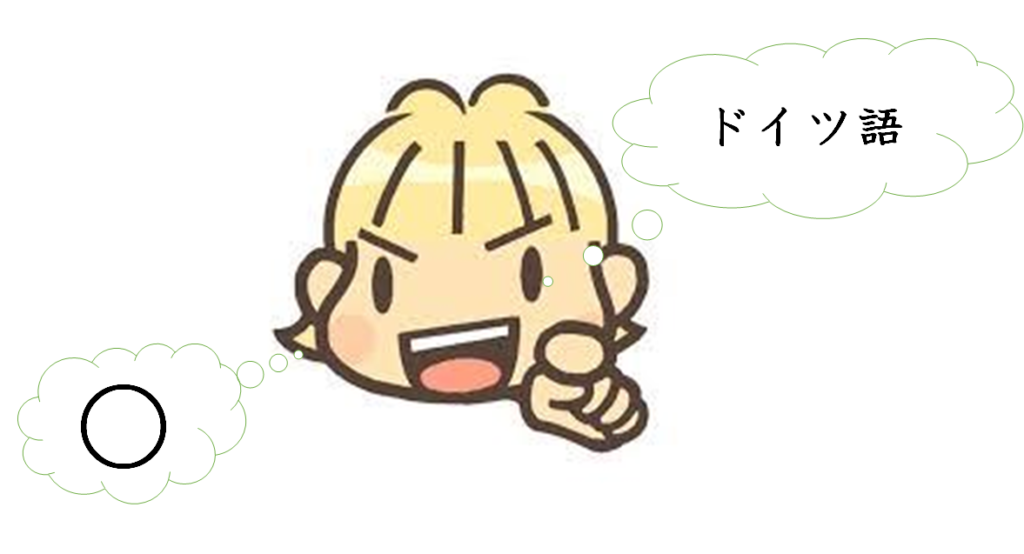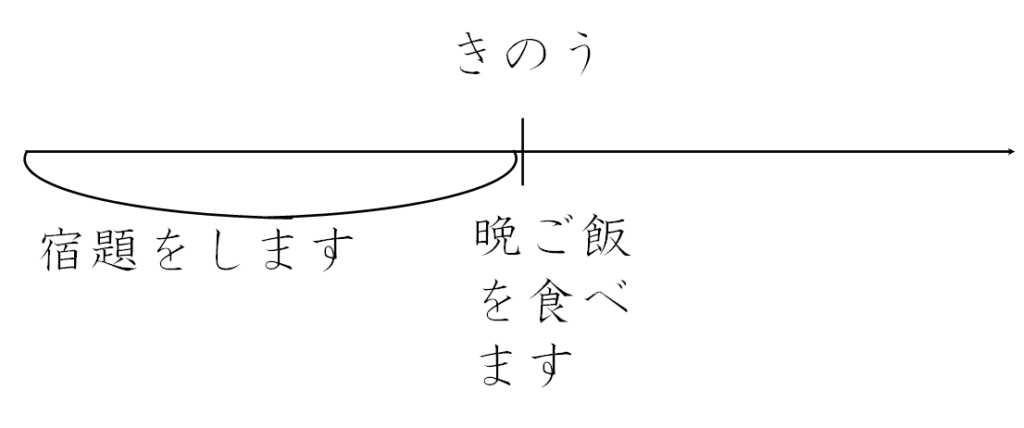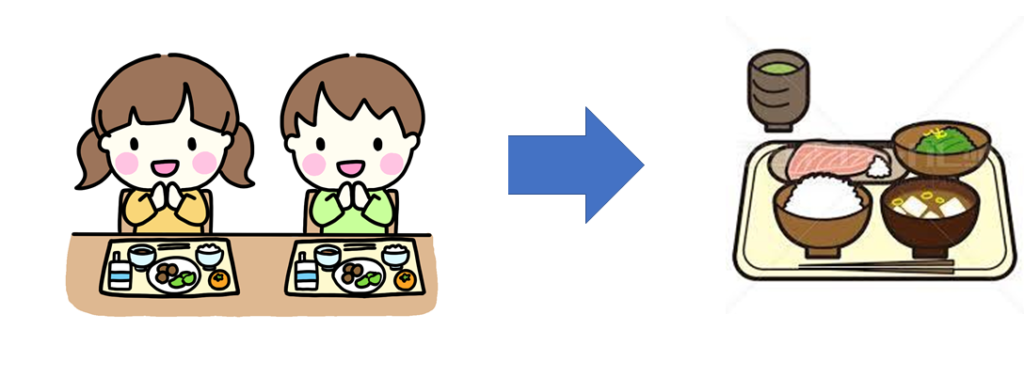
N/(V辞書形)ことができます
I can V/do N
文型-1
Sentence style-1

逆立ちの絵をみせながら
While showing a picture of a handstand.
「〇」「できます」 逆立ちすることができます。
“○” “Can”
I can do a handstand.
「×」「できません」 逆立ちすることができません。
× “Cannot”
I can’t do a handstand.

ジョンさんは ドイツ語を 話すことができます。
John can speak German.
絵で導入・絵で練習の目次36
「~ことができる」もいっしょに読みたい。
例文1
Example-1

サーフィンが できます。
I can surf.
スキーが できます。
I can ski.
スキーが できますか。
Can you ski?
はい、できます。
Yes, I can.
サーフィンが できますか。
Can you surf?
いいえ、 できません。
No, I can not.
例文2
Example-2

T: 「マリアさんは 自転車に 乗ることが できますか。」
スコットさんは 逆上がり することが できますか。
Is Scottt able to do a back-hip circle?
はい、 できます。
Yes, she can.
いいえ、できません。
No, she cannot.
例文-3
Example-3

この 車は 何人まで 乗車が できますか。
How many people can ride this car?
「Nができます」 ⇒ 乗車(N)が できます。
It shows what it is possible in a certain state.
7人までです。
It can ride up to 7 people.
例文-4
Example-4

これ コンビニで 振り込む ことが できますか。
Can I transfer this at a convenience store?
(V辞書形)ことができます ⇒ 振り込む ことが できます
(V dictionary type) can be done ⇒ You can tranfer
期限が 過ぎていますから、 郵便局か 銀行で お願いします。
The deadline has passed, so please go to the post office or bank.
趣味はN/(V辞書形)ことです
My hobby is N / (V dictionary form)koto.
文型-2
Sentence style-2

趣味は 何ですか。
What’s your hobby?
趣味はN/(V辞書形)ことです⇒ 動詞を 使う場合は、
My hobby is N / (V dictionary form)koto.
わたしの趣味は、食べることです。
My hobby is eating.
わたしの趣味は、読書です。
My hobby is reading books.
例文-5
Example-5

趣味は 旅行です。
My hobby is traveling.
趣味は 写真を 撮る ことです。
My hobby is to take pictures.
(辞書形)/(名詞)/(期間)のまえに、~
(V dictionary form) /( N) / (period) before, …
文型-3
Sentence style-3


昨日、晩ご飯を 食べました。
I ate dinner yesterday.
宿題を しました。
I did my homework.
晩御飯を 食べる まえに 宿題を しました。
I did my homework before eating dinner.
晩御飯を 食べる まえに 毎日 宿題を します。
I do my homework every day before eating dinner.
晩御飯を 食べる まえに 宿題を します。
I do my homework before eating dinner.
文の 最後で 過去、非過去が 決まります。
The past and non-past are decided at the end of the sentence.
昨日 (過去)のことをいうときは、過去形 に なります。
When we say the things done yesterday, the tense is a past.
毎日の 習慣、これからの事を言うときは 現在形に なります。
Habits, when you say things to do from now, the tense is a present form.
例文-6
Example-6

学校から 帰る まえに 何を しますか。
What do you do before you go home from school?
帰りの会を します。
We do the meeting of return.
例文-7
Example-7

1st: いただきますと 言います。
1st: We say “Itadakimasu”.
2nd: 食事します。
2nd: I will eat.
食事の まえに、 いただきますと 言います。
Before meals, We say “Itadakimasu”.
「Nのまえに、~」 N=食事 ⇒ 食事のまえに、
“Before N, …” N = Meal ⇒ Before meal,
例文-8
Example-8

いつ 子どもが 生まれましたか。
When was your child born?
1か月前に、 子どもが 生まれました。
One month ago, our baby was born.
「<期間>まえに、~」1か月 ⇒ 1か月まえに、
Before ~ Period = one month ⇒ 1 month ago,
絵で導入・絵で練習の目次23
「~るまえに」もいっしょに読みたい。
ことばを覚えよう。

漢字の練習をしよう。

文の形を覚えよう

耳で覚えよう。

日本語教師 教師用教案


コメント